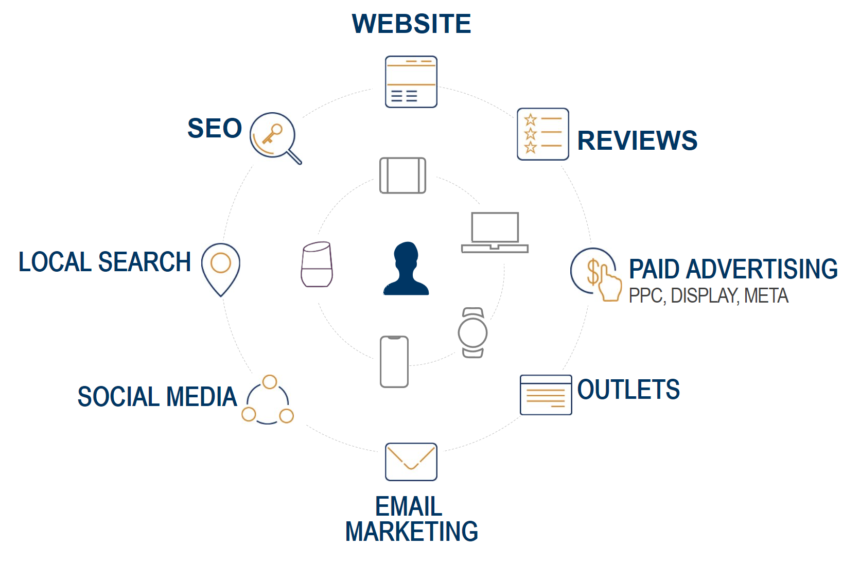In today’s dynamic business environment, the marketing manager’s role has become critical to organizational success. This journey has essential milestones that set the foundation for effective management and leadership. Understanding how to become a marketing manager involves developing leadership, communication, and strategic planning skills. This guide outlines the essential milestones and skills needed to become a marketing manager, helping professionals advance their careers with clarity and confidence.
Understanding the Role of a Marketing Manager
To become a marketing manager, one must first grasp the responsibilities of this role. Marketing managers bridge a company and its customers, crafting strategies to promote products and effectively engage audiences. They analyze market trends, develop marketing campaigns, and oversee promotional activities that align with the organization’s goals.
Furthermore, marketing managers are expected to lead teams, directly impacting their productivity and creativity. Leadership skills are equally crucial as marketing know-how, so it’s vital for aspiring managers to hone both.
Educational Foundations for Aspiring Managers
Anyone seeking to become a marketing manager must have a robust educational foundation. Most professionals in this field hold a bachelor’s degree in marketing, business administration, or a related discipline. As highlighted by the University of Phoenix, earning a marketing degree can provide aspiring managers with critical insights into consumer behavior, market research, and digital strategies—skills essential for navigating the complexities of today’s marketing landscape.
However, education alone isn’t enough. Pursuing a master’s degree or obtaining relevant certifications can provide a competitive edge. Advanced studies often delve into strategic thinking and leadership, which are essential for high-level management positions. This combination of knowledge forms a comprehensive background, preparing individuals for the complexities of the marketing landscape.
Gaining Practical Experience in Marketing
Practical experience is a significant milestone on the path to management. Entry-level positions, such as marketing assistant or coordinator, are excellent starting points. These roles allow aspiring marketers to work on real-world projects, understand marketing teams’ daily operations, and build valuable skills.
Internships and volunteer opportunities also offer unique chances to gain hands-on experience. Individuals can expand their portfolios and refine their expertise by participating in marketing initiatives within various industries. This experience enhances their resumes and helps them develop a keen understanding of different market sectors and consumer needs.
Building a Professional Network
An effective network is a cornerstone for anyone aspiring to become a marketing manager. Connecting with industry professionals helps individuals gain insights into current trends and challenges. Attending marketing seminars, workshops, and conferences can facilitate connections with fellow marketers and thought leaders.
Moreover, leveraging platforms like LinkedIn allows aspiring managers to showcase their skills, share industry ideas, and engage with potential mentors. These relationships can provide guidance and open doors for future job opportunities. Building a network is not merely about numbers; it’s about cultivating meaningful connections that can advance career advancement.
Embracing Continuous Learning in Marketing
The marketing landscape continually evolves, driven by technological advancements and shifting consumer preferences. For individuals looking to become marketing managers, embracing lifelong learning is essential. This commitment to personal and professional development helps marketers stay relevant in a competitive field.
Regularly attending workshops, taking online courses, or pursuing certifications in emerging areas (like digital marketing or data analytics) are excellent ways to enhance one’s skill set. Staying updated on marketing trends and tools ensures that aspiring managers are equipped to lead innovative campaigns and make strategic decisions that drive success.
Becoming a marketing manager involves education, practical experience, networking, and ongoing learning. Each milestone contributes to a well-rounded professional profile capable of managing marketing initiatives effectively. By understanding and preparing for these key milestones, aspiring managers can position themselves for success in the ever-evolving marketing world.






